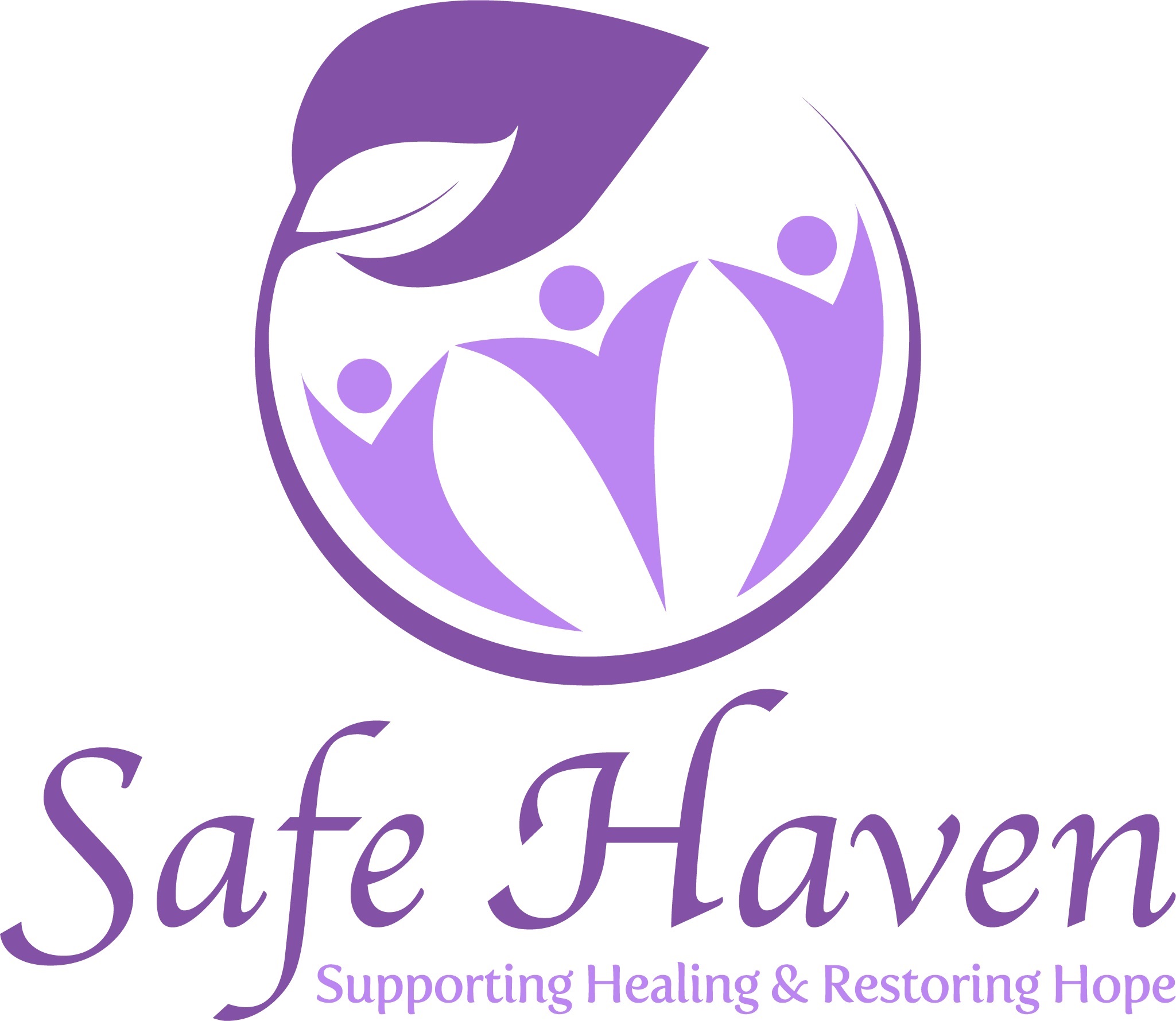Healing Spaces: The Power of Trauma-Informed Design in Domestic Violence Shelters
Creating Safe and Nurturing Environments:
Trauma-informed design prioritizes the creation of environments that are sensitive to the unique needs and experiences of trauma survivors. Safe Haven recognizes the importance of transforming our shelter space into a safe and nurturing environment where survivors feel supported and empowered.
Calming and Welcoming Spaces:
A fundamental aspect of trauma-informed design is the creation of calming and welcoming spaces within the shelter. This includes incorporating soft lighting, comfortable furniture, and soothing colors that promote relaxation and a sense of safety. By eliminating harsh stimuli and creating a peaceful atmosphere, survivors can begin to feel more at ease and grounded in their surroundings.
Sensory-Friendly Elements:
Many trauma survivors are hypersensitive to their environment, which can be overwhelming and triggering. In response, Safe Haven plans to integrate sensory-friendly elements such as noise reduction measures and sensory tools to support individuals who may be easily overwhelmed. These measures help to create a sense of predictability and control, allowing survivors to feel more empowered in their environment.
Empowering Interactions:
In addition to physical design elements, trauma-informed design emphasizes empowering interactions between staff, volunteers, and survivors. Safe Haven ensures that all staff members are trained in trauma-sensitive practices, including active listening, empathy, and respect for individual boundaries. By fostering a culture of understanding and support, survivors feel validated and empowered to take control of their healing journey.
Access to Resources and Support Services:
Another critical aspect of trauma-informed design is providing survivors with access to resources and support services. Safe Haven offers trauma-informed counseling services, support groups, and advocacy to help survivors cope with past experiences and build resilience for the future. By addressing the underlying trauma and providing comprehensive support, survivors can begin to heal and rebuild their lives.
How You Can Help:
You can be a part of this transformative work by supporting Safe Haven’s mission. Your donation can make a significant impact on the lives of domestic violence victim-survivors, providing them with the resources and support they need to heal and rebuild. To donate and support Safe Haven’s trauma-informed shelter makeover, please visit safehavenofpender.com. Together, we can create healing spaces where survivors can thrive and reclaim their lives.
Trauma-informed design has the power to transform domestic violence shelters into healing spaces where survivors can feel safe, supported, and empowered. By incorporating calming environments, sensory-friendly elements, empowering interactions, and access to resources, shelters like Safe Haven play a vital role in the healing journey of domestic violence victim-survivors. With your support, we can continue to create spaces where love and support abound, and survivors can thrive.
